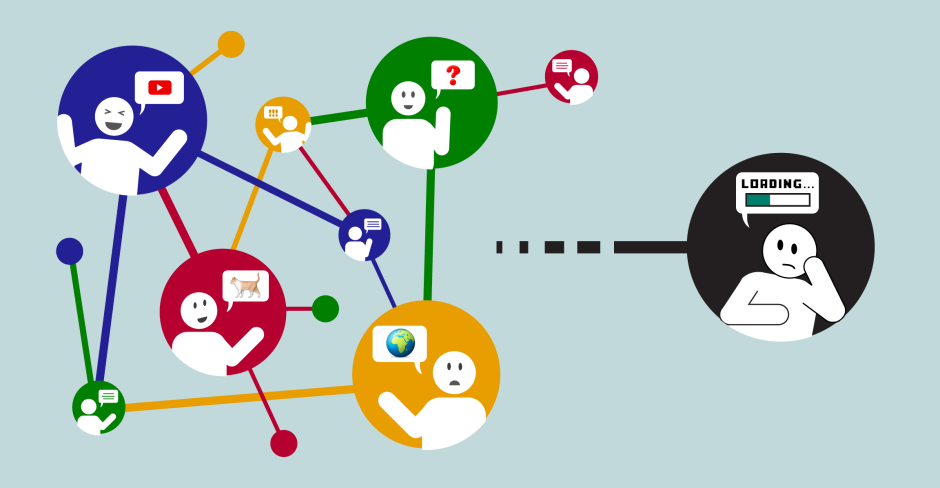We Want Wires
As Jesse Schooff explains, building Internet infrastructure across one of the world's biggest countries isn't easy, but it is essential.
Last December, the Canadian Radio-television and Telecommunications Commission (CRTC) made an historic ruling, in which they stated that all Canadians need access to affordable, reliable internet. They also established a fund to support projects designed to shore-up speed and reliability in areas which are underserved.
Any Canadian who has spent time outside of our population centres knows it: our rural Internet sucks. If you live downtown in a major city, chances are good that you’re well-served by broadband providers. Smaller, or more remote cities are far less well-served; travel ten minutes outside of town, and you’re likely using a slow 3G modem or expensive satellite internet. (As an example, last year OpenMedia’s own Josh Tabish took the short ferry ride from Vancouver to Bowen Island to talk with the local municipal government about their lackluster Internet. Just offshore, Bowen Island is part of Metro Vancouver, and home to more than 3,300 people.)
Wireless technologies can be versatile or mobile, but for the foreseeable future, they’ll never be as fast as wires, or more to the point, fibre. Fibre in particular acts as the backbone (both moniker and metaphor) of the Internet as we know it, connecting many other networks together. Like roads, rail, and power lines, fibre requires a lot of effort to build out, because of the real-world distances involved. This is especially so in a nation as large and geographically diverse as Canada.
But like the roads and power lines previously mentioned, Internet access has rapidly become a member of the critical infrastructure club. Important government services are increasingly at their most-accessible online. Videoconferencing and remote-desktop applications allow us to work on the move, and to engage in professional training and development regardless of where we live. And while pundits may dismiss accessibility complaints as people whinging about access to Netflix or Twitter, new types of media represent an opportunity for everyone to take part in a connected culture.
The so-called digital divide (between people who have reliable internet access, and those who don’t) threatens to open up a new class rift and deepen existing ones. This lack of access shortchanges the true potential of the Internet as a medium for connecting everyone, regardless of where they are.
The CRTC ruling on broadband Internet set ambitious goals, but the CRTC can’t be the only one leading the charge. Governments, communities, the private sector, and others must collaborate to build more networks. Sadly, there wasn’t any new money for network infrastructure development in the federal government’s recently-announced 2017 budget. What this means for future years is unclear, in part because Canada doesn’t have a clear plan for how to implement the CRTC’s vision.
That’s why OpenMedia is calling on our federal government to join several other industrialized nations in formulating and implementing a National Broadband Strategy. By signing onto our online petition, you’ll be telling the federal government that you want accessible, reliable, affordable Internet for all Canadians. Tell our government: We Want Wires.
Jesse Schooff is a veteran IT professional and technical communicator. As a volunteer blogger for OpenMedia he specializes in issues of privacy and information security. You can find more of his writing at geekman.ca

 Take action now!
Take action now!
 Sign up to be in the loop
Sign up to be in the loop
 Donate to support our work
Donate to support our work